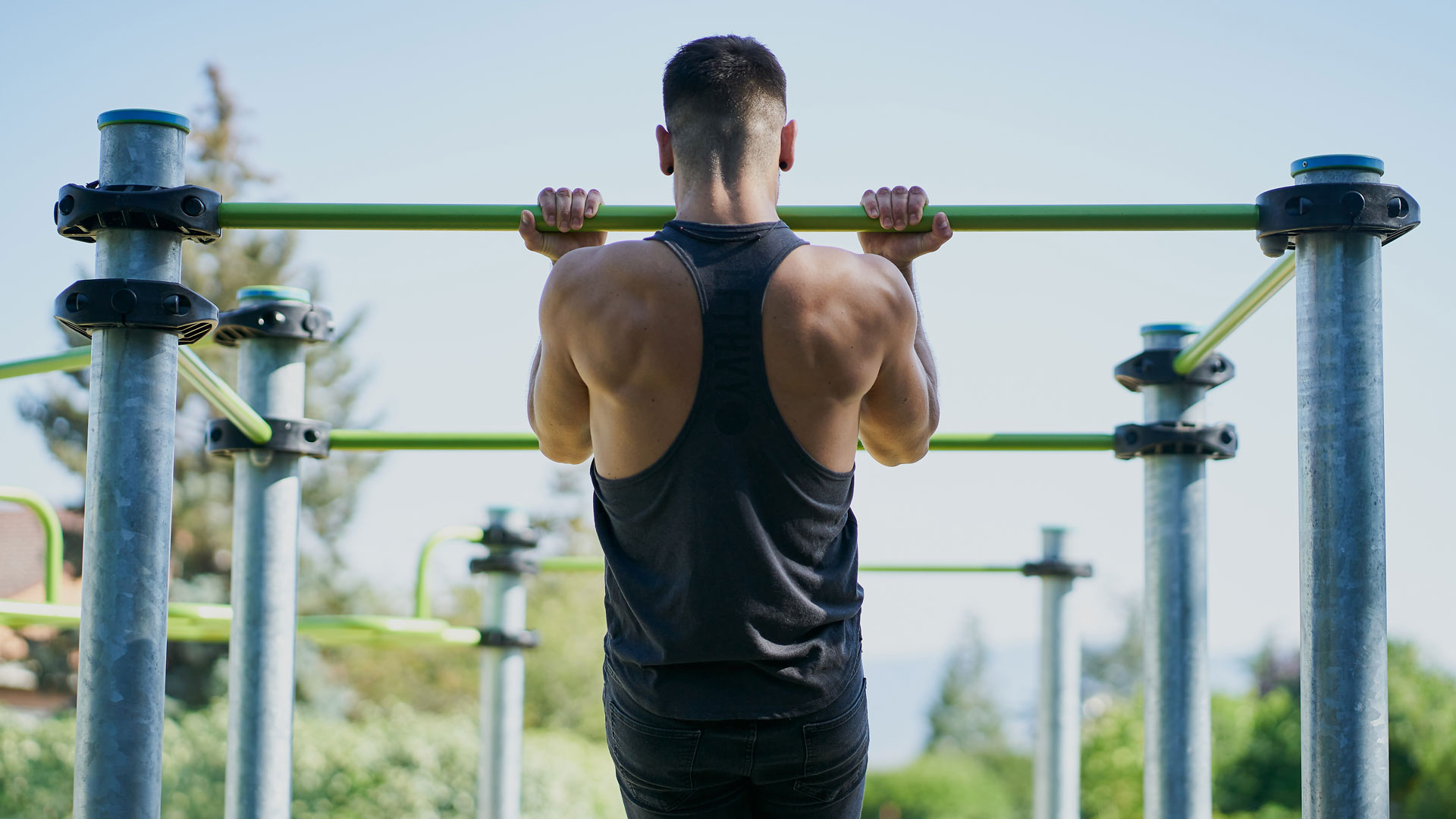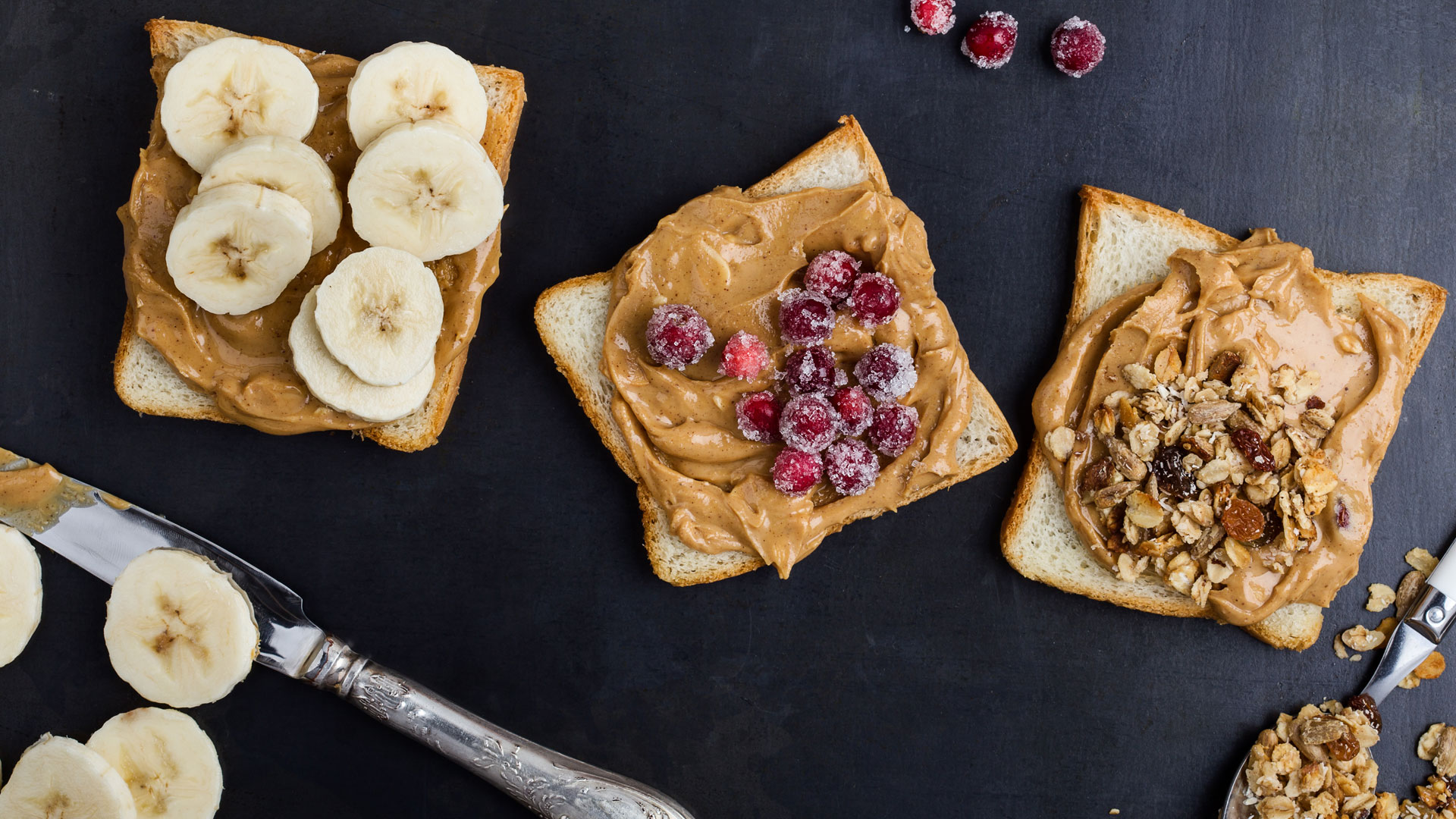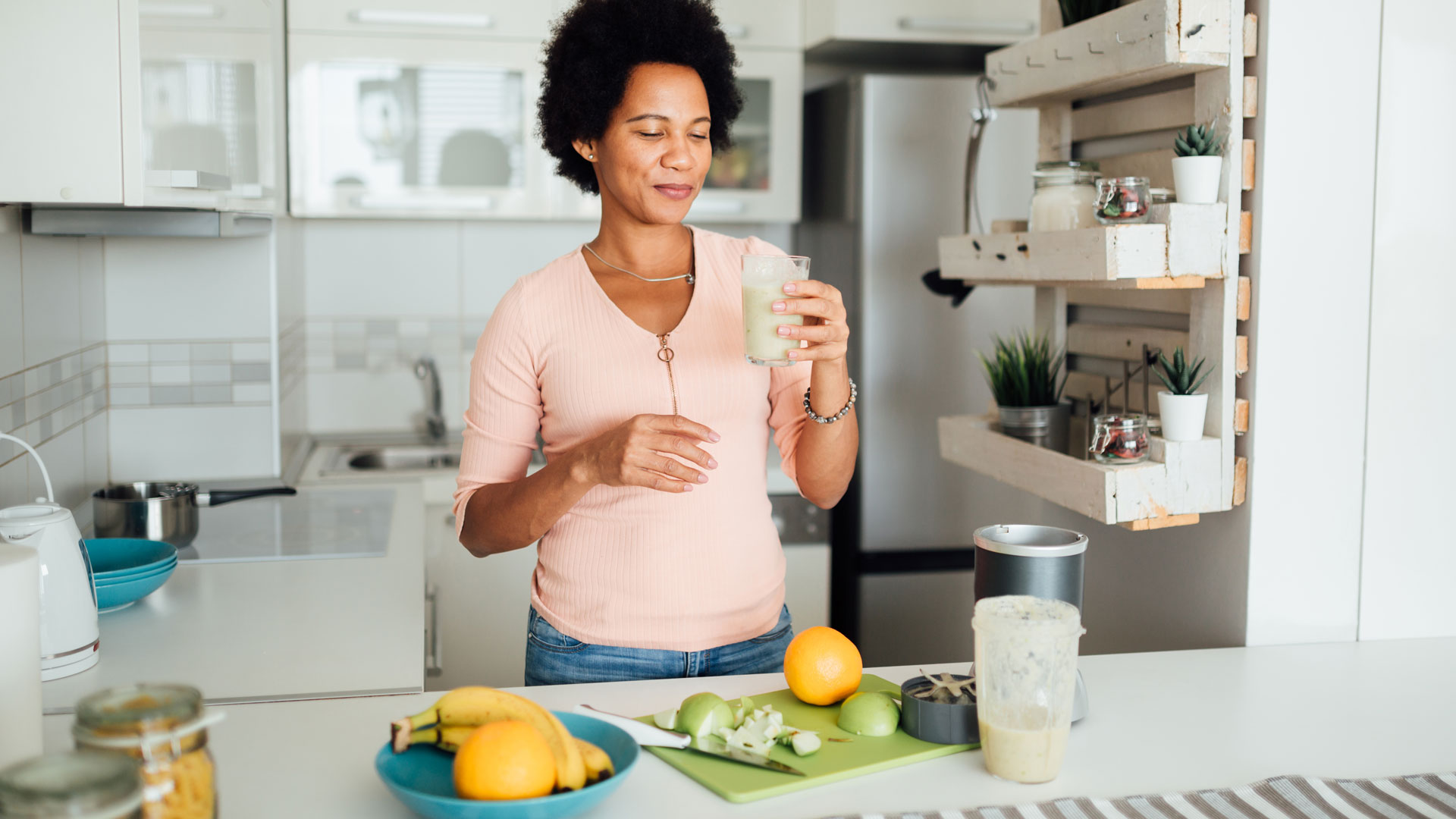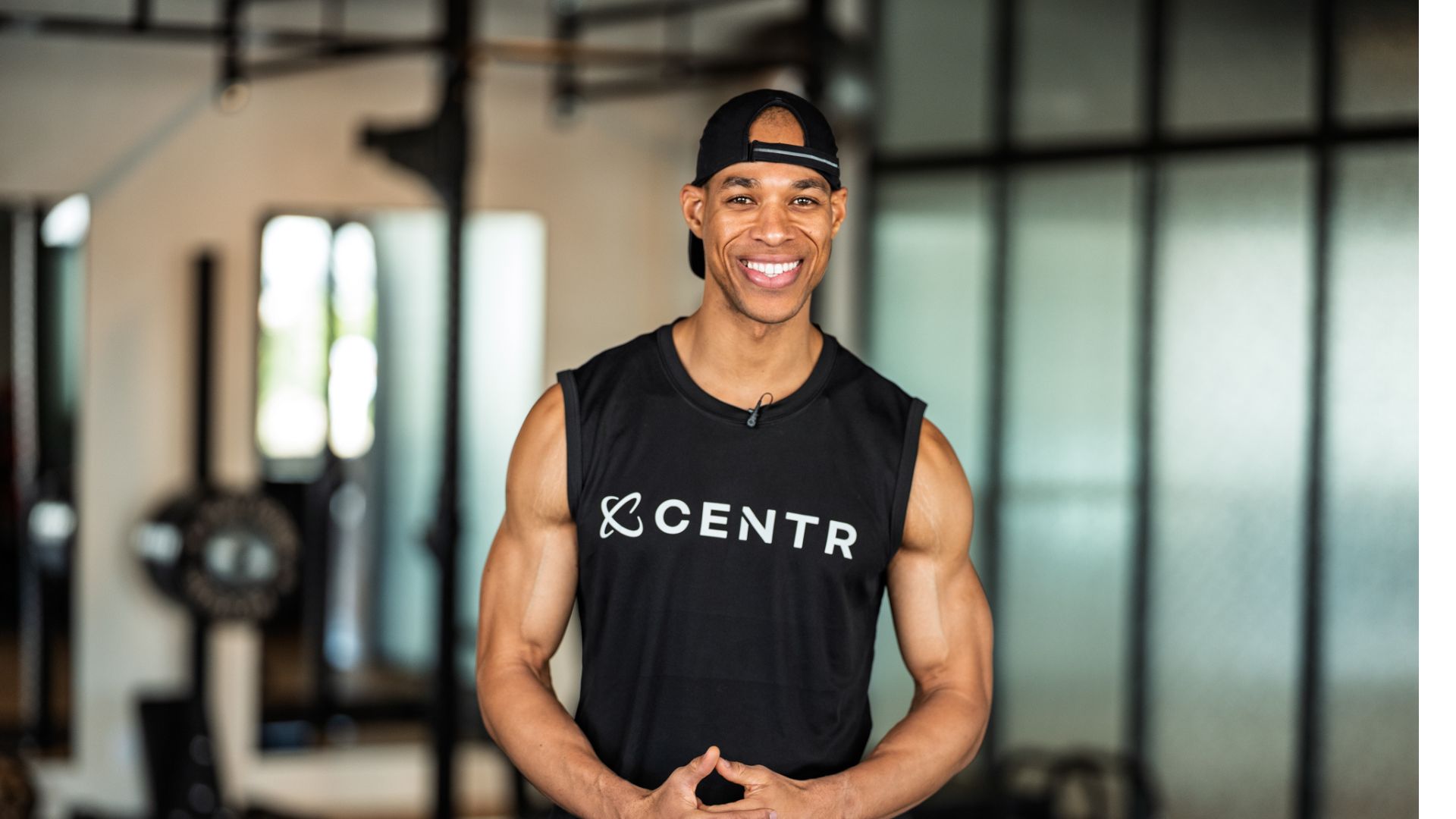What to eat to build muscle after a workout
Wondering what to eat to build muscle after a workout? We’ve got the answers you need


Unsure of what to eat to build muscle after a workout? You’re in the right place. If you’ve been using the best adjustable dumbbells to bulk up, you may be wondering how you can complement your workouts with nutritious meals to help develop your muscles further. And just how important is nutrition when it comes to building muscle?
“Having the right post-exercise nutrition is vital to promoting quicker recovery, reducing muscle soreness, and helping to build muscle,” says sports dietitian Rebecca Marlow M.S., R.D.
“Building muscle mass and definition is hard work and requires the right diet to make it happen. When building muscle, you need to eat a variety of nutrient-dense foods with the right blend of proteins, carbohydrates, and healthy fats.”
Protein is a crucial ingredient and if you feel like you’re lacking protein in your diet, check out the best protein powders for weight loss. If you’re looking to build muscle after a workout, we’ve rounded up research and expert advice to guide your nutrition choices.
What to eat to build muscle after a workout: why it matters
If you are exercising to build muscle, you should eat a balanced diet of proteins, carbohydrates, and fats. Each nutrient plays a part in your body’s post-workout recovery process.
You might be tempted to try a low-calorie diet to build muscle, but Marlow says cutting calories is not the way to go, “Muscle is the fuel your body will turn to when your calories are low. When you don't eat enough to sustain muscle growth, your body will go into starvation mode and increase fat stores rather than decrease them.”
Protein is an essential nutrient for recovery and muscle building, explains Marlow. “Exercise triggers the breakdown of muscle protein. The rate at which this happens depends on the exercise and your level of training, but even elite athletes experience muscle protein breakdown.
Get the Fit&Well Newsletter
Start your week with achievable workout ideas, health tips and wellbeing advice in your inbox.
Getting adequate protein after a workout gives your body the amino acids it needs to repair and rebuild these proteins. It also gives you the building blocks required to build new muscle tissue.”
Studies have shown that ingesting between 20 and 40 grams of protein seems to maximize the body’s ability to recover after exercise.
Your body’s glycogen stores are used as fuel during exercise, and consuming carbohydrates after your workout helps replenish them. Eating plenty of carbs to rebuild glycogen stores is most important for people who train often. This is less important for those who have one or two days’ rest between workouts.
Research has found that eating carbs and protein after exercise can maximize protein and glycogen synthesis. Try consuming them in a ratio of three parts carbs to one part protein. For example, that’s a combination of 40 grams of protein and 120 grams of carbs.
Some people think that eating fat after a workout slows down digestion and inhibits the absorption of nutrients. While fat might slow down the absorption of your post-workout meal, it still has benefits. For example, a study showed that whole milk promoted more muscle growth after a workout than skimmed milk. Likewise, another study showed that ingesting a high-fat meal (45% energy from fat) after working out did not affect muscle glycogen synthesis.

How soon should you eat after a workout?
After a workout, you should focus on getting carbs and protein into your body as soon as you can. This gives your muscles the ability to replenish glycogen and helps them rebuild and repair. Rebecca Marlow recommends eating within an hour of completing an intense workout.
According to research, your body’s ability to rebuild glycogen and protein is enhanced after exercising. For this reason, it’s recommended you consume a combination of carbs and protein as soon as possible after exercising.
In the past, experts recommended eating your post-workout meal within 45 minutes, believing a delay of carb consumption may lead to as much as 50% lower rates of glycogen synthesis. However, more recent research has found that the post-exercise window to maximize the muscular response to eating protein is wider than initially thought, up to as much as several hours.
Researchers have also looked at eating before a workout and found that if you consumed a meal rich in whole carbs and protein an hour before exercising, it’s likely that the benefits from that meal still apply after training.

Which foods are best?
If you are exercising to build muscle, there is no need to restrict calories to lose weight simultaneously. Instead, maintain a balanced diet of proteins, carbs, and fats, and your body composition will improve over time.
After vigorous exercise, dietary protein provides the body with essential amino acids for building new muscle tissue. Marlow recommends the following post-workout protein:
- Boiled eggs
- Oily fish such as salmon
- Soybeans and tofu
- Nuts and seeds
- Lean meats like turkey or chicken breast
You may need even more protein when your exercise routine is designed to build muscle. The American College of Sports Medicine recommends that to increase muscle mass in combination with physical activity it is recommended that a person eat a range of 1.2-1.7 grams of protein per kilogram of body weight per day or 0.5 to 0.8 grams per pound of body weight.
Dietary carbs provide the body with energy for strenuous workouts and replenish energy stores in muscles. Opt for nutrient-dense sources of carbs that sustain the glycogen stores necessary for you to be able to exercise longer and more effectively, such as:
- Buckwheat
- Pulses
- Quinoa
- Sweet potatoes
- Whole wheat bread, oats, and rye
While we should all be trying to limit our intake of saturated and trans fats, you still need an appropriate amount of healthy fats to boost metabolism and maintain hormonal function. In addition, a fat-free diet can impede muscle growth in a person who vigorously exercises. Therefore, make sure you get roughly 15% to 20% of your daily caloric intake from healthy fats.
Healthy fats should come from several other sources, including:
- Avocado
- Dark chocolate
- Extra virgin olive oil
- Greek yogurt
- Nuts and chia seeds
Want to find out more? Don’t miss our feature on how to build muscle: workouts and what to eat for strength.
Catherine is a freelance journalist writing across titles such as Verywell Health, Healthline, The Daily Telegraph, Refinery29, Elle, and Vogue. She specializes in content covering health, fitness, wellness, and culture. A once reluctant runner, Catherine has competed in 30 running events in the past five years and looks forward to one day running the London Marathon.
-
 I do these two things every day to stay fit and healthy, says the newest star trainer on Chris Hemsworth's fitness app
I do these two things every day to stay fit and healthy, says the newest star trainer on Chris Hemsworth's fitness appHere's how Centr's Korey Rowe trains for longevity
By Sam Rider Published
-
 I thought sports weren't for me, until I realised they're a game-changer for ticking off cardio
I thought sports weren't for me, until I realised they're a game-changer for ticking off cardioI swapped HIIT and running for tennis—and I've never felt better
By Alice Porter Published